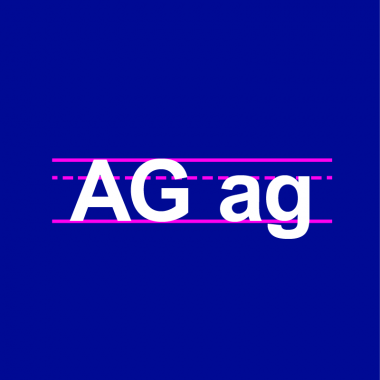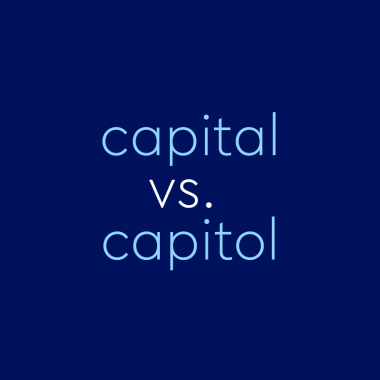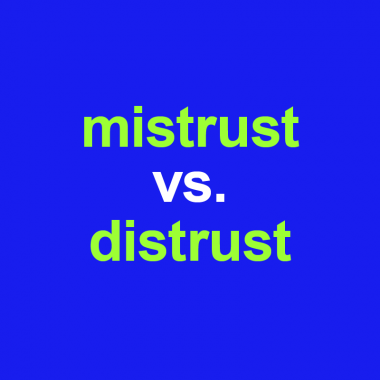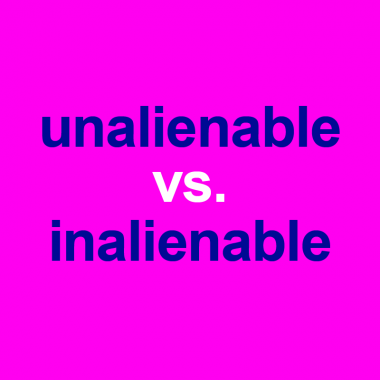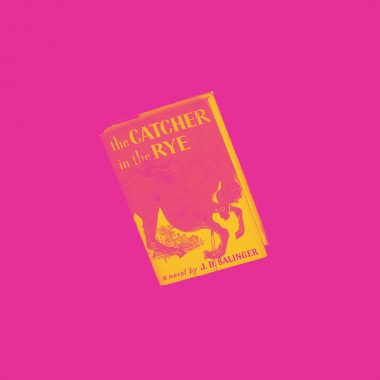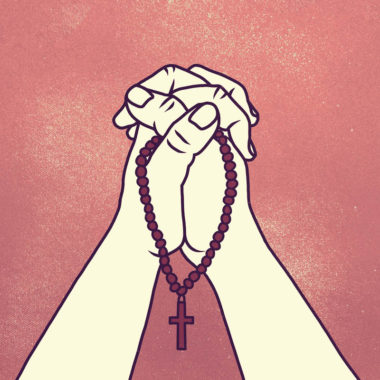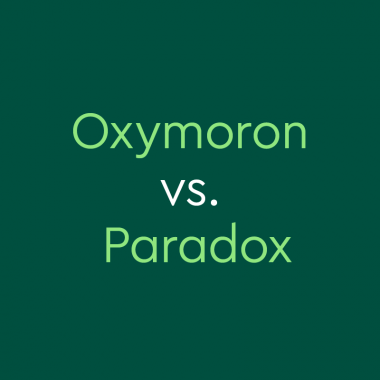How Many Words Are There In The English Language?
How many words are in the English language? It would seem like a simple question, but the answer is anything but. New words are entering the language all the time. In 2019, no one could have predicted what has become a defining word of 2020: COVID-19. At the same time, existing words evolve. What’s the first thing that comes to mind with tweet? A bird or social …

